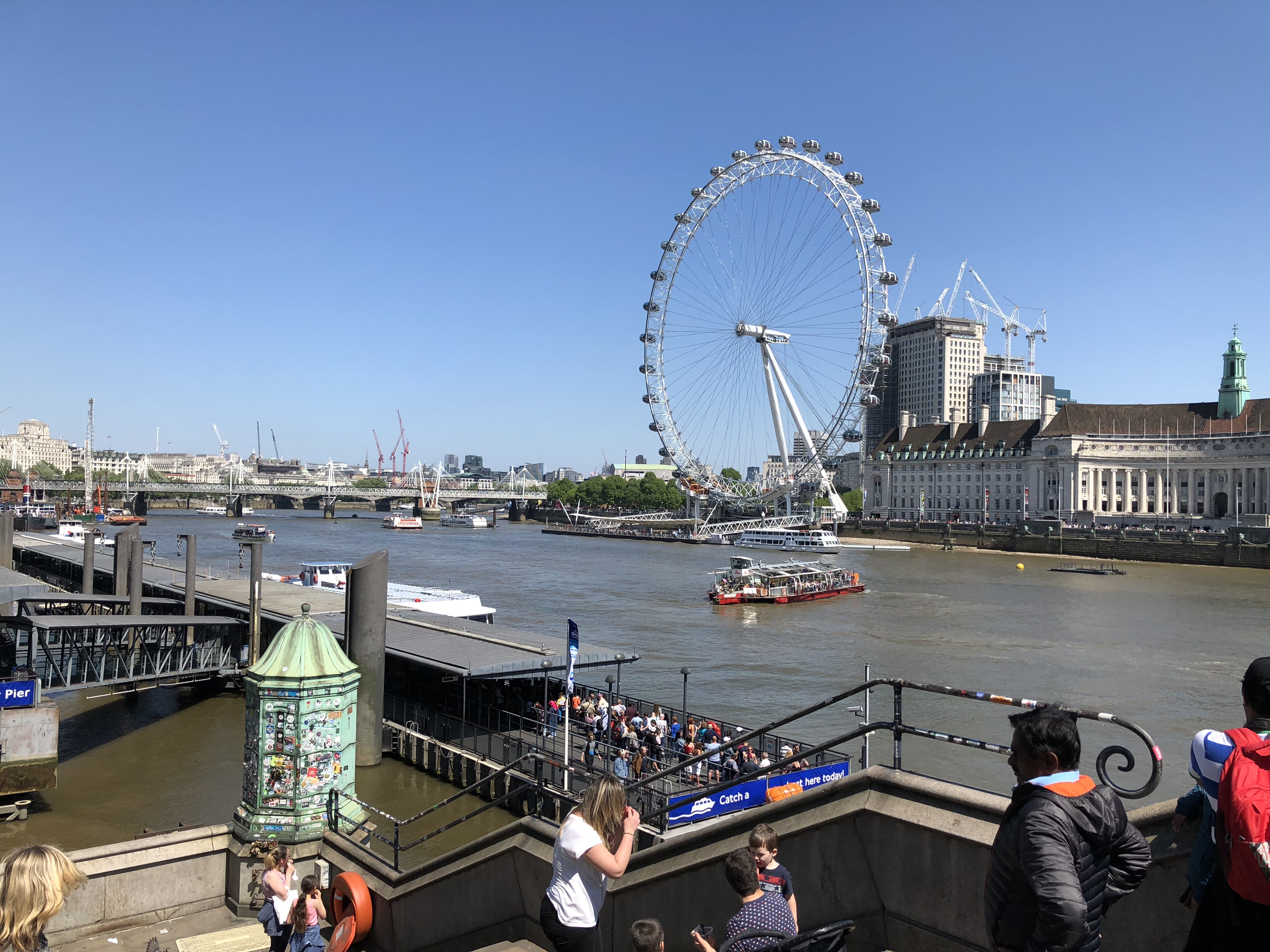Students interested in study abroad programs may be concerned about the effects of Brexit. Since 1973, the United Kingdom has been a member of the European Economic Community and later the European Union. In the 2016 EU membership referendum, 51.6 percent of voters supported the withdrawal of the UK from the EU.
Any changes introduced by Brexit will take effect after March 29, 2019. The British government triggered leaving proceedings in March 2017, and this is the date when the two-year negotiation window closes. Students interested in study abroad programs may need to prepare for changing entry and exit requirements in the UK and EU.
Which Programs Could Be Affected?
International Business Seminars offers several short-term Europe study abroad programs. Any seminar that involves a stop in the United Kingdom may be impacted by Brexit. This applies to four current IBS programs:
The Summer Europe Seminar is the longest program at 23 days and includes stops in Germany, Austria, Italy, Switzerland, France and the UK. The 16-day Winter One Seminar is held in the UK, France, Germany, and the Netherlands. The shorter 11-day Winter Two Seminar for undergraduates and 10-day Winter MBA Seminar for graduate students are conducted in London and Paris. Each of these seminars feature four to five day stays in London as part of larger tours.
IBS seminars also include visits to Schengen Area countries such as Austria, France, Germany, Italy, the Netherlands, and Switzerland. Although Switzerland is part of the European Free Trade Association and is not a member of the EU, this country is associated with the Schengen Agreement. This agreement was signed in 1985 to promote international travel through a common visa policy and the abolition of internal border controls.
The only portion of these seminars that could be impacted by Brexit is entry to the UK and departure for the EU. Students from the United States should have a valid passport to enter the UK and Schengen Area.
What Options Do Enrollees Have?
At present, U.S. citizens only need a valid passport to visit the UK for up to six months or the EU for up to 90 days. Enrollees from the U.S. should make sure that their passports are current and valid well in advance of their trip. It may take anywhere from four to eight weeks to obtain a passport with standard processing. Expedited processing takes two to three weeks and requires an additional fee.
U.S. students who intend to remain in the UK after the seminar may want to apply for a short-term study visa or general student visa in advance. Students who will remain in the Schengen Zone for longer than 90 days should apply for a Long-Stay Study Visa at the embassy of their home country.
Prior to departure, enrollees should work with an IBS advisor to ensure that they have all of the information and materials necessary to meet entry requirements for the UK and EU. IBS also maintains online resources for seminar participants with travel tips and program itineraries. Enrollees are responsible for any passport or visa fees and the cost of replacing these items in the event of a loss.
When Will Changes Occur?
According to the terms of the leaving proceedings, the UK will no longer be part of the EU on March 29, 2019, regardless of whether a new deal has been negotiated. Transitional policies may lead to adjustments to UK entry or exit requirements. Students participating in seminars in 2019 and 2020 should work closely with IBS advisors to ensure that they have all of the documentation necessary for their chosen seminar.
The world is always changing, and the international experiences offered in every seminar can help students become more informed. Enrollees attend presentations on living and working in the UK and EU and have opportunities to learn from business executives. Every itinerary includes time to tour each location and participate in cultural activities. These seminars are also exceptional networking opportunities. Learn more about our short-term study abroad programs in Europe and Asia.

